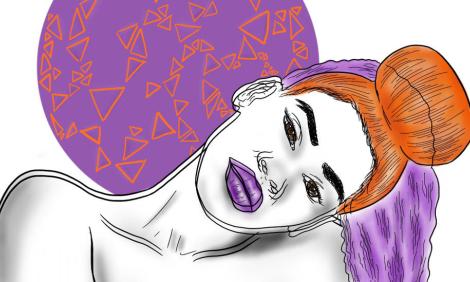
Feminist talk
Digging up Trauma, Survivor Porn and other Ethical Concerns about Research
Research is often meant for lofty objectives of ensuring policy change, and at at the very least, it should do no harm. But what if your research is about violence - and what risks do we run when asking participants to revisit their trauma and hurt that they experienced because of online violence.

Feminist talk
A response to ‘The age of the feminist influencer’
How we organise around shared causes and beliefs has changed with the internet. This piece looks at how the internet allows leadership to be decentralised, and a response to the idea that the age of influencers is necessarily a bad thing.
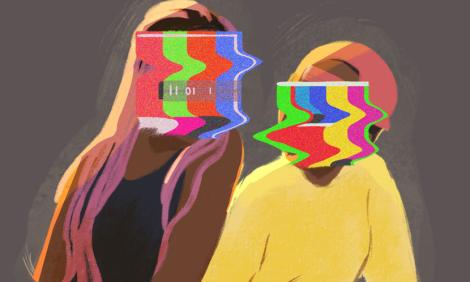
In depth
“Our Constitution is Strong”: Straight Digital Discourse and Disremembered Queer Accounts
What does it mean to rise to the surface of people's attention briefly because of violence done to your body, harassment, dispossession and precarity, only to be replaced the next day by the next trending hashtag? This article explores the limits of straight discourse online and the convenient elision of queer accounts and issues.
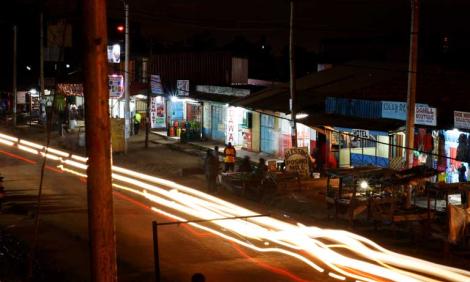
Feminist talk
What lies behind the fears of digital identity? The experience of the Huduma number in Kenya
The rollout of the Huduma namba is taking place over Kenya. This article traces the experience of one young woman Nyangi as she tries to get a card, and more broadly the problems and hurdles posed by the system of digital identity.

Feminist talk
Artificial intelligence for mental health
This article explores mental health facilities in Kenya and if artificial intelligence can provide solutions for the dire need for infrastructure. Even if the use of artificial intelligence poses a solution to this, there are risks for data and privacy, algorithmic bias and large scale misdiagnosis. AI can only work when alongside human and humane treatment.

In depth
More than words. Investigating online discourse as a space of Gender-Based Violence
Here are insights into research on online gender-based violence against women and other minorities - especially around sexual objectification, delegitimisation of public personas, non-conformity to gender stereotypes and idealised notions of womanhood. Elena Pavan shares also about doing research using data scraped from online public discourses and the key questions going forward.
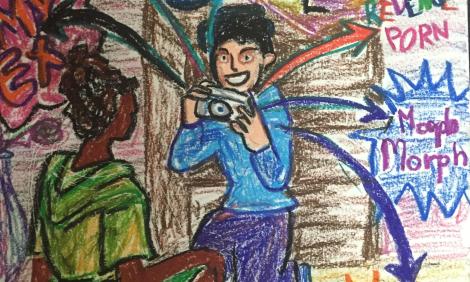
Feminist talk
Social Media: The New Frontier for ICT – facilitated Violence against Women
Non consensual circulation or sharing of intimate intimages or non consensual pornography is becoming increasingly prevalent. Here Bonface Witaba shares few studies on this viral social phenomenon, what steps have been taken and are likely to be taken in the context of Kenya, on a global scale and by social media companies to address the problem.

Publication
Mapping research on gender and digital technology
The emerging sub-field of research around gender and digital technology is united in its understanding that gender biases and stereotypes are embedded in technology, and that this reproduces the existing problems around gender parity, gender-based violence, discrimination and exclusion on the internet. This report is a mapping of the research around gender and digital technology in the decade…

Feminist talk
[Podcast] Stories of Resilience: Daughters of the Horn Using Digital Spaces for Activism
In her Podcast, “Digital Dada,” on a special series called “Stories of Resilience”, Cecilia Maundu invites Lucia Ayiela from Kenya. This conversation explores the experience of women journalists and digital advocates in the region. Lucia Ayiela shares with us her journey, the high and low points of her career, as a digital activist and how she empowers women activists to join the digital…
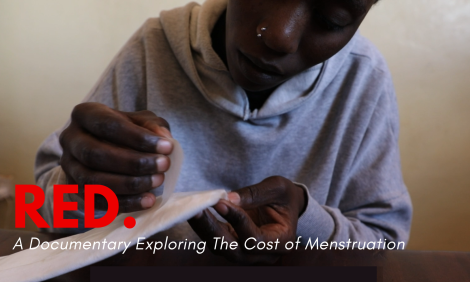
Feminist talk
RED: A Documentary Exploring the Cost Of Menstruation
Njeri Maina produced a documentary that speaks about the “Poverty Period” in Kenya. In her production, Njeri tries to build and weave a narrative that exposes the cultural stigma and stereotypes that are related to menstruation and how such socially constructed beliefs and ideas are used to discriminate against women and girls in public and private spaces. Njeri also explores how class status…




